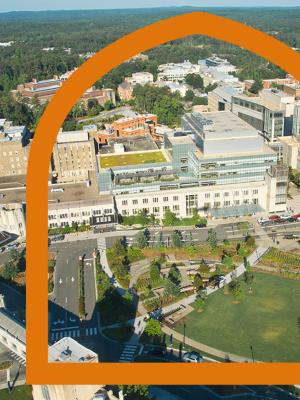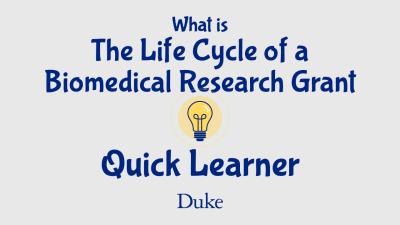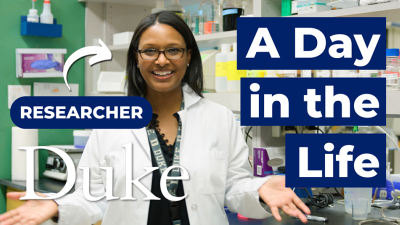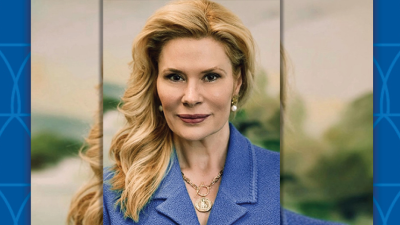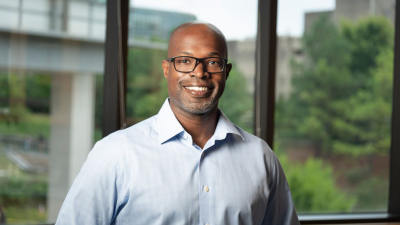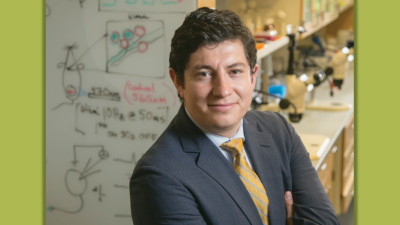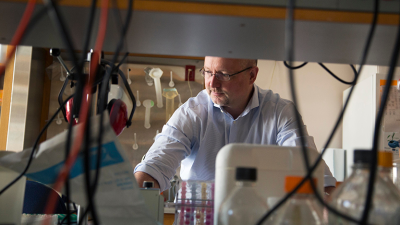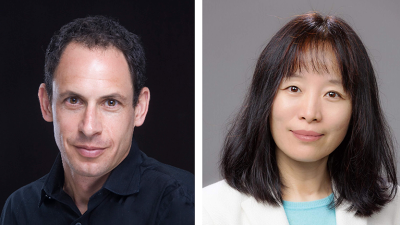
Meet Physicians and Scientists
Quick Learner: What is The Life Cycle of a Biomedical Research Grant
Anonymous Gift Establishes New Endowed Clinical Directorship in Cancer Care
A Day In The Life Of A Researcher
Stacy Waters Appointed Vice President of Duke Health Development and Alumni Affair
Artificial Intelligence in Health Care: Promise and Pitfalls
Clinicians, researchers, and educators at Duke University School of Medicine and across Duke Health are using artificial intelligence (AI) to schedule surgeries more efficiently, give students immediate feedback on academic writing, and help speed up drug discovery.
First Presidential Distinguished Chair Named in Honor of Chancellor Washington, Awarded to Dzirasa
School of Medicine Dean Mary E. Klotman, MD, announced this week that Duke’s first Presidential Distinguished Chair will be named in honor of outgoing Chancellor for Health Affairs A. Eugene Washington, MD, and his wife, Marie.
The anonymous donor who established the inaugural Presidential Distinguished Chair in early 2021 said the gift was intended to support superb science and to honor the Washingtons. The professorship will be known as A. Eugene and Marie Washington Presidential Distinguished Chair.
Meet the School of Medicine’s 2024 Distinguished Professors
A Gut Sense
Promising Results of Poliovirus Research Possible Thanks to Philanthropy
Finding the Meaning of Perception in the Brain
